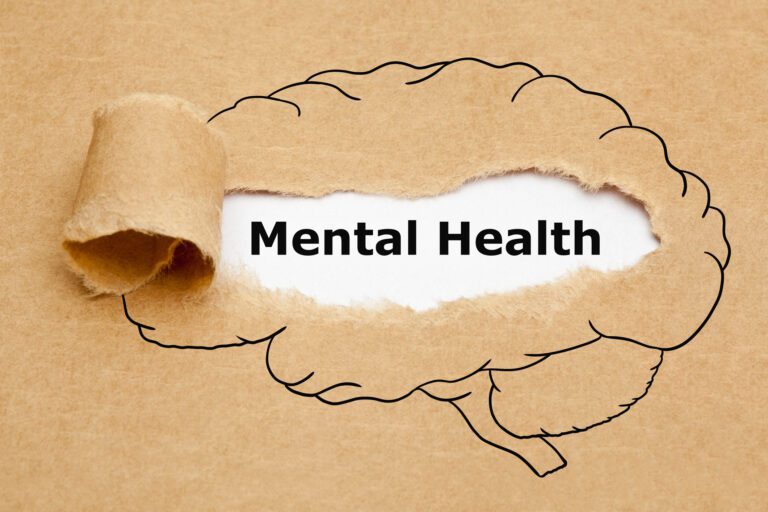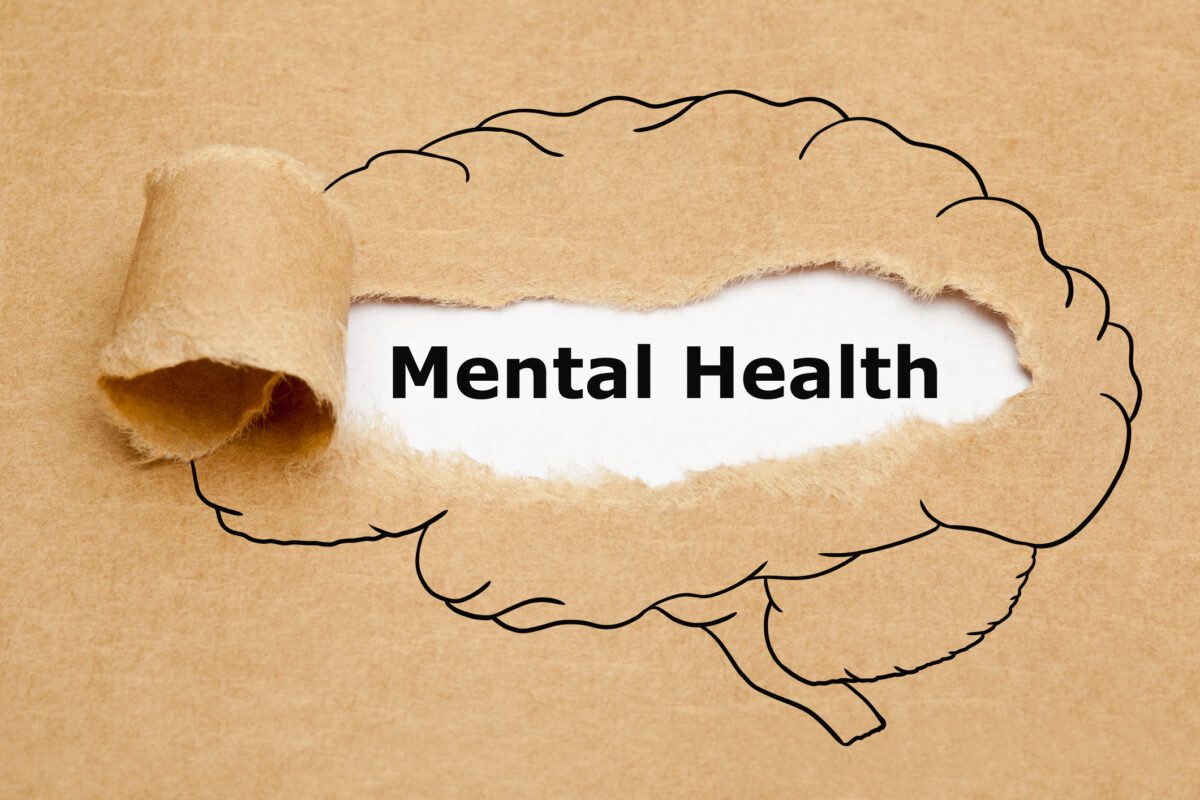1. Frequent Comments about Body Size or Weight
Many children may start having concerns about their body during pre-teen and teen years. For girls, the preoccupation with their body may start as early as 9 or 10. Puberty starts and adolescents may start to compare their changing body to other peers. When you hear your child comparing his or her body to others, it may be a good time to speak to your child and seek help.
2. Eating Patterns Change
Teenage disordered eating behaviors typically start with following diets and eliminating foods. There may be shift in food choices, buying different foods in the grocery store that are “healthier”, or they may want to start to eliminate certain types of food, such as become a vegetarian. Overall, the teen shows a change in interest in changing their diet and achieving weight loss
3. Excessive Exercise Begins
The frequency and intensity of working out may be increased. Working out before or after their sports, waking up early before school to work out, missing social events to stay home to exercise, or using any “down time” to fit in abdominal crunches or push ups may be of concern. The excessive exercise may begin to cause sports injuries that are often overlooked by parents, as the child may exercise while still sustaining an injury.
4. Hiding or Hoarding Food
Teens that struggle with Bulimia Nervosa or Binge Eating Disorder may tend to hide food in their room, car, or other personal areas. Binge eating is typically done in secret and many times is followed by feelings of guilt and shame. Any confrontation from parents about missing food or questions about the amount or quantity of the child’s food may trigger more guilt and shame. Parents should seek professional help to learn how to appropriately talk to their children about their concerns.

5. Noticeable Weight Changes
It may become noticeable that your child has lost weight or any other unusual weight changes have occurred. During puberty, body size changes are normal, but when the “normal” weight gain or loss patterns turn excessive, this can be a key warning sign of developing an eating disorder. Again, it is important for parents to seek professional help to receive support in showing concern and communicating with the child about weight changes.
6. Avoiding Family Meals
Children may avoid family dinners or refuse to eat, eat in their bedrooms, or just avoid eating in front of others. Frequently, they may say they have already eaten, pick apart their plate of food, and stall in eating their food. There may become an obsession with portion sizes, ingredient and label checking, an excessive concern for what the food is cooked in. The child may want to start doing their own cooking and grocery shopping themselves.
7. Other Mental Illness Changes
Children who may show signs of an eating disorder, may also have symptoms of depression, anxiety, and low self-esteem. Isolation from friends and family, more irritability, and frequent mood swings may be common as well. They may lose interest in things they used to love to do, in favor of reading up on the latest diets or working out.














